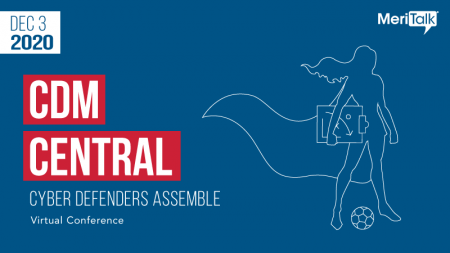The State Department released a fact sheet highlighting the United States’ support for digital transformation and cybersecurity in Latin America and the Caribbean.
“As countries, companies, and citizens across Latin America and the Caribbean turn to digital communications to plan and build their networks of the future, including 5G, the United States is working closely with partners throughout Latin America and the Caribbean to promote digital-driven growth and realize the region’s tremendous potential, while promoting security, privacy, and inclusion,” the State Department said in the fact sheet.
The Nov. 10 fact sheet highlighted the country’s efforts in three areas – driving digital inclusion, and advancing an open, interoperable, reliable, and secure internet, and enhancing cybersecurity.
Driving Digital Inclusion
- The United States Agency for International Development (USAID) recently released its first ever Digital Strategy, which charts an agency-wide vision for development and humanitarian assistance amid a rapidly evolving global digital landscape. In the Western Hemisphere, USAID is leveraging digital tools to advance digital connectivity, promote digital skills training, and increasing access to digital financial services.

- The International Development Finance Corporation is financing a major telecommunications project in Ecuador and Peru. The project will deploy at least 500 telecom towers and expand access to 4G mobile broadband, making high-speed Internet more widely available and reliable, and adding coverage in rural areas.
- As part of the Global Cooperation and Training Framework, the United States partnered with Taiwan and Japan to hold a virtual webinar with Latin American and Caribbean governments on digitization. The workshop, which was organized in partnership with Guatemala, focused on ways to leverage data and AI in the government response to COVID-19. The State Department noted that the webinar had more than 200 participants from 25 countries.
Advancing an Open, Interoperable, Reliable, and Secure Internet
- Through the Digital Connectivity and Cybersecurity Partnership (DCCP), the United States is providing training and capacity building in the region. The training and technical assistance is intended to promote the growth and expansion of open, interoperable, reliable and secure communications networks, encourage the adoption of digital trade and Information Communications Technology (ICT) policies that support long-term, sustainable growth, and promote private sector investment.
- The Department of Commerce’s Commercial Law Development Program is assembling legal experts to provide best practice guides and bilateral technical assistance on a range of DCCP topics, including spectrum auctions, telecom regulation, procurement, open architecture networks, and telecommunications legislation.
Enhancing Cybersecurity
- The United States currently provides a wide range of cyber-related capacity building programs for partner countries in the Western Hemisphere. The State Department highlighted a few examples, including training on cybersecurity best practices provided by the National Institute of Standards and Technology, technical assistance, training and information sharing through the Cybersecurity and Infrastructure Security Agency, military-to-military engagement, law enforcement training on combating cybercrime, and joint efforts to promote international security and stability in cyberspace through bilateral and regional cooperation.
- The State Department also supports two Department of Justice International Computer Hacking and Intellectual Property Advisors based in Sao Paulo, Brazil, and Panama City, Panama, to strengthen international cooperation and deliver law enforcement training and technical assistance to combat cybercrime and related intellectual property theft.
- Through the Organization of American States Inter-American Committee against Terrorism, the United States has supported strengthening policy and technical capacity in the region, the development and implementation of national cyber strategies, and the regional implementation of cyber confidence-building measures.

